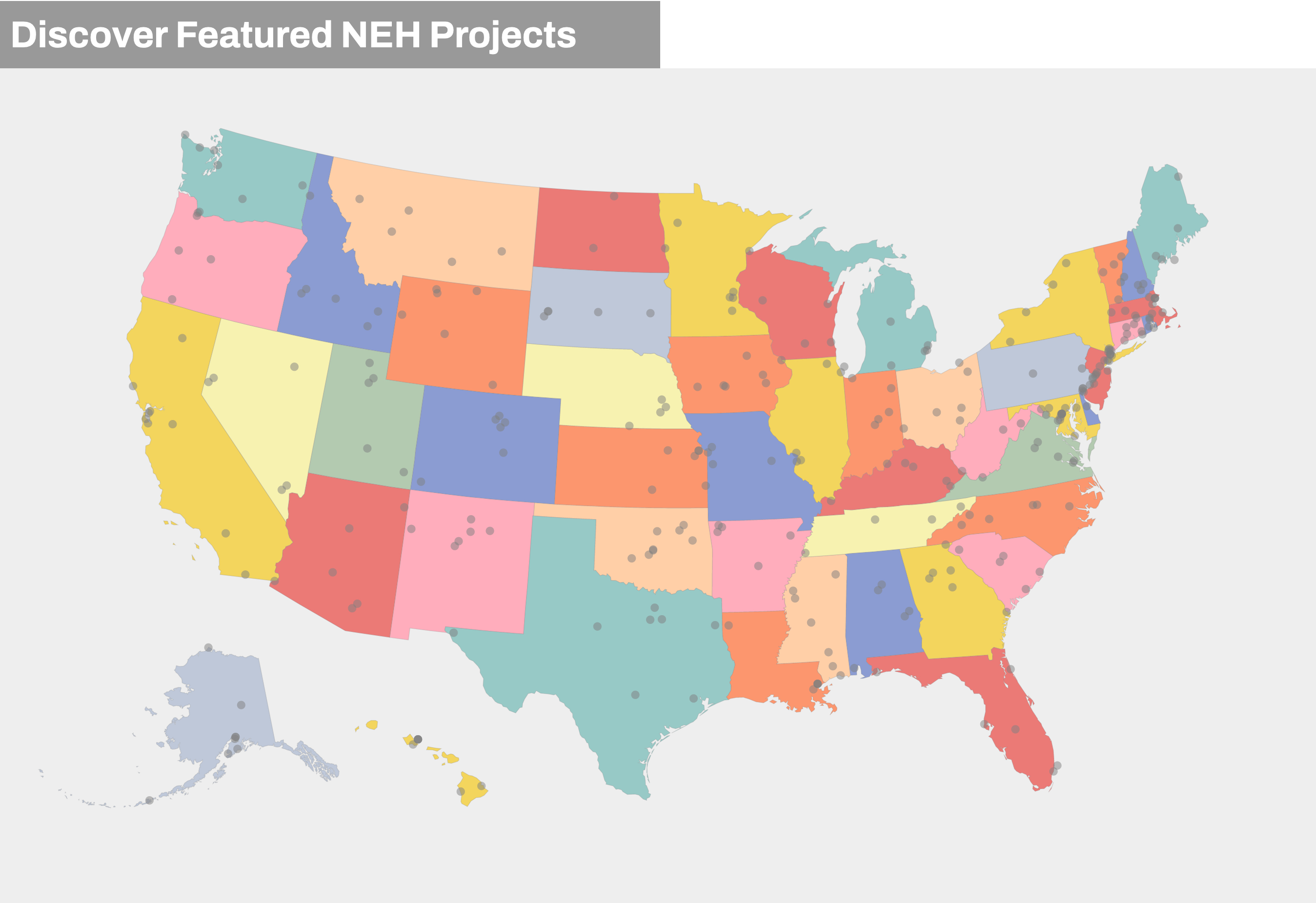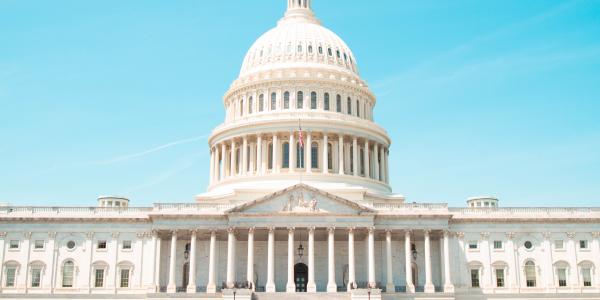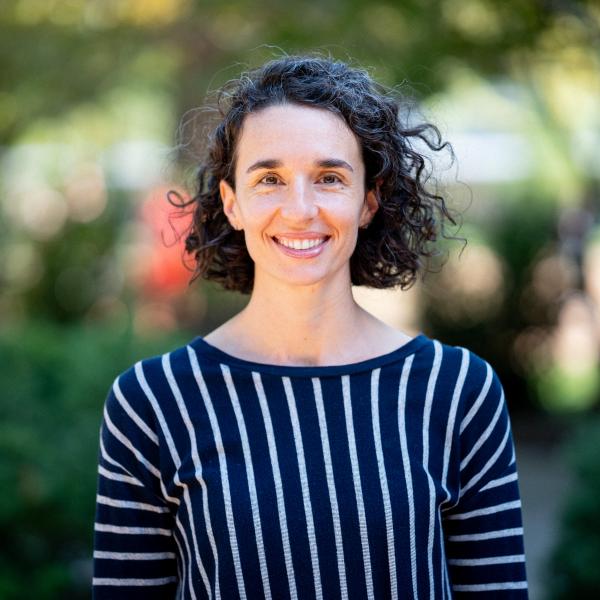Laura Perry is assistant director for research and public engagement in the Center for the Humanities.

Be a humanities advocate!
The Center for the Humanities is sponsoring two graduate students’ participation (travel, lodging, registration) in the National Humanities Alliance annual meeting and Humanities Advocacy Day in Washington, D.C., March 19–21, 2023. Graduate students in good standing from any humanities discipline at WashU may apply. ABD preferred but not required. To apply, submit a CV/resume and a brief paragraph (no more than one page) describing why you want to participate and how this opportunity will advance your career goals and professional profile. Applications are due by February 27 to cenhumapp@wustl.edu.
“Are the humanities a dying art?” This hair-raising question came from a congressional aide midway through a marathon day of meetings on last year’s Humanities Advocacy Day, organized by the National Humanities Alliance. Every year, the NHA assembles teams of academics and practitioners to advocate for funding the humanities across the U.S. The House and Senate vote each year on appropriations bills that include support for key programs like the National Endowment for the Humanities, the National Archives and Records Administration and the Department of Education’s international education programs Title VI and Fulbright-Hays. Humanities Advocacy Day aims to protect and increase that federal funding by connecting humanities supporters directly with the representatives who decide how much money goes where. The NHA provides trainings for first-time advocates, talking points about funding priorities and practical advice about what to expect. Then it’s up to us to make persuasive cases for why the humanities matter, in 30 minutes or less.
Along with two colleagues from Lindenwood University, I spent the day talking with House and Senate offices about the importance of the humanities for Missouri. We met with legislative aides from the offices of Senators Roy Blunt and Josh Hawley and Representatives Blaine Luetkemeyer and Ann Wagner. Each meeting would follow roughly the same arc, as we made our collective pitch for the humanities and, specifically, increased federal funding for humanities programs like the National Endowment for the Humanities. We talked about the $24 million that Missouri has received in NEH support over the past 10 years. We shared some of the innovative research conducted by faculty at our two institutions that was supported by the NEH. We highlighted exciting programs made possible by NEH funding, like an initiative to digitize Missouri’s German history or Fontbonne University’s Center for Bosnian Studies (which has partnered with several WashU programs, including the Memory for the Future studiolab). We promised to send packets of materials to their offices, and they would graciously nod. Meetings were usually very brief and very polite, in stereotypical political style — nod, smile and make no promises. And then came the provocation: “Are the humanities a dying art?” [sic]
“Are the humanities a dying art?”... I wonder if the aide came to regret asking the question, since we answered so enthusiastically and fulsomely.
In a moment like that, our training in advocacy and the NHA’s exhaustive preparation came in handy. We were able to smoothly point out to this skeptical aide that his boss just happened to have a humanities degree himself. In fact, both senators representing Missouri at the time had degrees in history. We knew this because the NHA team had provided us with member profiles of every representative, like deeply researched baseball cards, which shared key details about their backgrounds, voting records, and caucuses and committees. Of course, our rejoinders didn’t stop there. I wonder if the aide came to regret asking the question, since we answered so enthusiastically and fulsomely. Among our many responses, my colleagues spoke about the importance of humanities research and methods for fields like bioethics and international relations. I also pointed to the impassioned debates around education, what books are in school libraries and which lessons are taught in history class. People across the U.S. and on both sides of the aisle appear to care deeply about art, literature and history, even as we might disagree profoundly about the purpose and place of them in our lives. Book-banning is an ever-present threat across the U.S. and especially in Missouri — as we’ve highlighted at the center — and paradoxically speaks to the power of novels, comic books, poetry and more. Why try to ban a dying art? These ongoing attempts at censorship and erasure are not evidence that the humanities are no longer relevant, but quite the opposite.

Reflecting on those meetings, and gearing up for this year’s Humanities Advocacy Day, I appreciate the different scale and perspective on the humanities that the experience offers. Instead of the level of department, discipline or even an institution, we are invited to consider the humanities efforts across the entire state of Missouri and even the whole of the U.S. The NHA’s NEH for All project has a spectacular interactive map that showcases the breadth of the humanities projects supported by federal funding, from celebrating banjos in North Carolina to preserving petroglyphs in New Mexico. Their training also provides a crash course in federal funding, the appropriations process, the various roles in Senate and House offices and the best practices for pitching elected officials. It’s guidance and practice that could prove useful in a wide range of contexts, whether writing a grant or giving a job talk. This year, the NHA is planning for an in-person Humanities Advocacy Day, after several years of virtual meetings due to the ongoing pandemic. This is a chance to advocate on behalf of all of Missouri — universities, museums, libraries, artists, scholars, schoolchildren. I’m looking forward to it and hope you’ll join me.
Headline image by Caleb Perez on Unsplash





